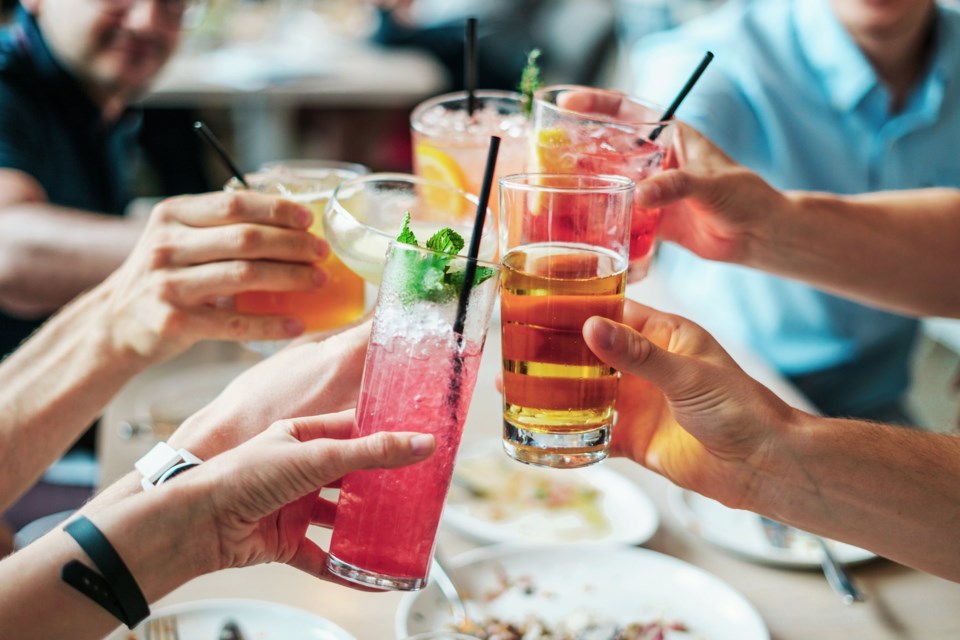With endless parties and family functions, DecemberвҖҷs holiday season may feel like a month of non-stop indulgence. ThatвҖҷs why some follow it with вҖңdry January,вҖқ a month of sobriety to compensate for a month of excess.
But whatвҖҷs been lauded by some as a liver-detoxing tradition has at least one expert cautioning dry January participants.
For Rick Dubras, executive director of Richmond Addiction Services Society, dry January has become a bit of a вҖңphenomenon.вҖқ The trend was started in England in 2013 by Alcohol Concern вҖ“ now Alcohol Change UK. Dubras says there are certainly benefits to completely abstaining from alcohol for a month, but there could be drawbacks as well.
вҖңIf we go into a place of absolute restrictionвҖҰa binge-abstinence cycleвҖҰcan sort of play out with this idea of a dry January,вҖқ Dubras said, adding that cycle can be вҖңjust as damaging.вҖқ В
вҖңIf everyone is binging all the time and then takes a month off and then is expecting to binge again in February, thereвҖҷs obviously harm in that.вҖқ
Dubras added that for those living with an addiction to alcohol, participating in dry January is not recommended.
вҖңWhen we meet people who speak about heavy, daily or routine alcohol use, we generally donвҖҷt talk about going cold turkey,вҖқ he said. вҖңDry January is not really focused on people with addiction. Dry January is focused on the average Canadian who may have taken on too much during Christmas time.вҖқ
One international student in Richmond wasnвҖҷt convinced to try the trend.
вҖңI just like to hang out with my friends during the weekend, drink some beers and have fun,вҖқ Mark Fan told the News. вҖңI donвҖҷt really see the harm of (drinking) so I donвҖҷt really want to stop it.
вҖңThe only negative effect is that IвҖҷve been gaining some weight,вҖқ he added.
However, what dry January can offer is an opportunity to consider how and when one drinks.
вҖңWe use alcohol for numerous reasons so taking on a dry January can be a perfect opportunity to look into and understand that relationship with alcohol,вҖқ Dubras said. вҖңIf we realize that alcohol is serving a purpose in our life, then perhaps thereвҖҷs an alternative way of coping with that experience rather than always turning to a beer.вҖқ
Dubras added itвҖҷs about then taking this information to build new habits such as getting exercise or finding other ways to relieve stress and cope with emotions.
вҖңIf weвҖҷre looking for change, thatвҖҷs talking about recovery. In order to be in recovery, we need support,вҖқ he said, pointing out that support can come from family, friends, colleagues, peers or even an online network. В
Melanie Ware, who is a paralegal and doesnвҖҷt drink throughout the year, echoed DubrasвҖҷ thoughts, saying dry January could help reshape routines.
вҖңSometimes you donвҖҷt realize what your habits (are)вҖҰdrinking is one form of buffering, of putting something between you and your emotions or things that are happening in your life,вҖқ Ware said. вҖңDoing a dry January is definitely a step towards positive change.вҖқ
With files from Megan Devlin



